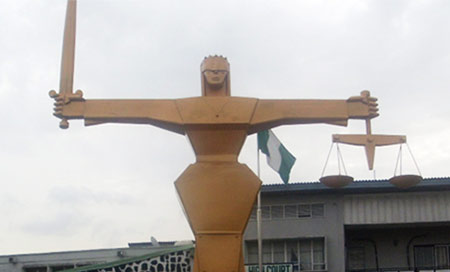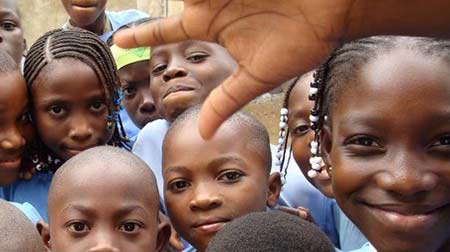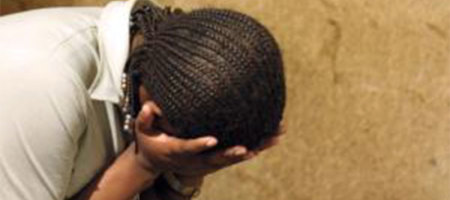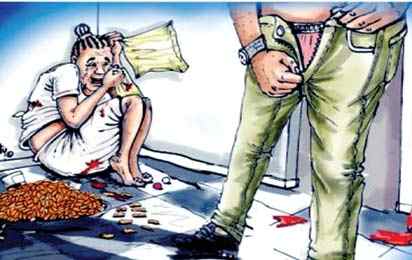Teaching kids on how to prevent sexual abuse
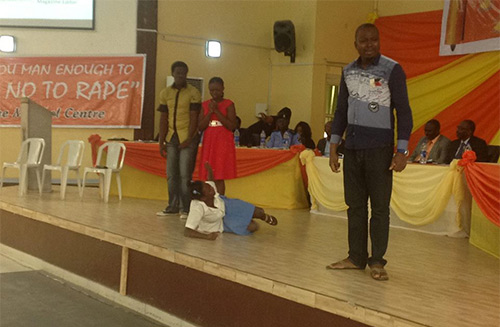

1. Put Safety First! The safety and self-esteem of a child are more important than anyone’s embarrassment, inconvenience, or offense. If you suspect that there is a safety problem, especially involving children, take personal responsibility for doing something to address it. This means speaking up persistently and widely until effective action is taken to fix that problem. Don’t just tell someone, even if that person is in a position of authority, and assume that your responsibility is at an end. Follow up to see what is happening. Realize that children and young people who are being abused need help and protection – and that anyone who is abusing them needs to be stopped.
2. Make sure you know what someone is doing with your kids. Remember that anyone can be an abuser. As parents and other caring adults, we need to face the reality that there are sexual predators who will create opportunities to be alone with kids by doing wonderful things with and for them. And, most of these offenders will seem like really nice people with excellent reputations. Many will even provide truly important services for most of the children they encounter. When people ask what a child molester might look like, I say,
“Look in the mirror – a molester can look just like anyone else!”
Most adults who choose to do great things with kids are good people who truly want to help and these relationships can be tremendously important to a young person. However, the vulnerability of young people to anyone put into these positions of trust is why more attention needs to be paid to screening these individuals and to following up thoroughly on any hint of a problem.
Don’t just trust people just because they are part of a reputable organization, place of worship, or school. Check each person out for yourself, especially if he or she is going to be alone with your child.. Don’t assume that someone will tell you if something bad happens. Trust your intuition if something feels uncomfortable to you. When in doubt, check it out!
LISTEN to your children and teach them not to keep unsafe secrets. Most abusers initiate strong relationships with children before doing anything sexual. Often, they start by testing a child’s boundaries by being inappropriate in other ways, he would use a swear word to a boy in a church youth group and then say something like, “Oops! I just said a bad word. Please don’t tell your parents, because then we couldn’t have fun together any more.” He would then target boys who he was confident wouldn’t tell.
A pedophile’s strong advice to parents about protecting their kids from people like him was, “Listen to your kids!” Get kids into the habit of talking to you by asking supportive questions, being a good listener, and not lecturing. Pay attention to what they say. Let kids know that you care about what they are doing and want to know what is happening with them no matter how busy you are.
Once in a while, in a calm, conversational way, at a peaceful moment, ask, “Is there anything you’ve been wondering or worrying about that you haven’t told me?” Thank the child for telling you and listen with interest to the answers. Don’t tease, even if what the child says seems silly. Avoid scolding at that moment, even if the child has done something wrong.
Be very clear with all children in your life that secrets about problems, touch, favors, gifts someone gives them, photos or videos, privileges, time alone with anyone, and games are not safe. Their job is to tell you and other adults they trust instead of keeping secrets, even if someone they care about will be upset or embarrassed.
In many cases, pedophiles give kids alcohol or drugs as a way to get them to lower their guard, sometimes molesting them while they are unconscious or asleep. They might then threaten their victims with getting them into trouble by telling their parents. Make sure your children get this message from you often, “Even if you made a mistake or did something wrong, I will love you and help you. Please tell me about anyone whose behavior makes you uncomfortable even if we really like this person so we can figure out what to do to keep everyone safe
Prepare young people to take charge of their safety by practicing skills. One quick action can stop most abuse – pushing someone’s hand away, ordering someone to stop, leaving as soon as you can, resisting emotional blackmail, and telling. Kids are more likely to be able to take actions like these when they need to if they understand their safety rules and have the chance to practice following these rules in a fun, age-appropriate way with trusted ones preferably parents.
Using non-sexual examples such as tickling or roughhousing, role-play with kids skills for setting boundaries on touch and teasing with people they know and care about even if someone tries to pressure them. Using non-sexual examples such as someone hurting their feelings or playing a scary game, give kids practice on how to interrupt a busy adult with a safety problem and tell the whole story. Practice what to do if the adult doesn’t listen by persisting and, if need be, how to keep telling different adults until someone helps solve the problem.
